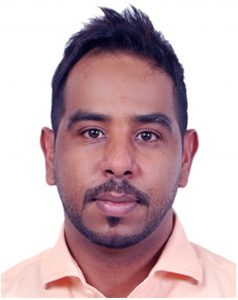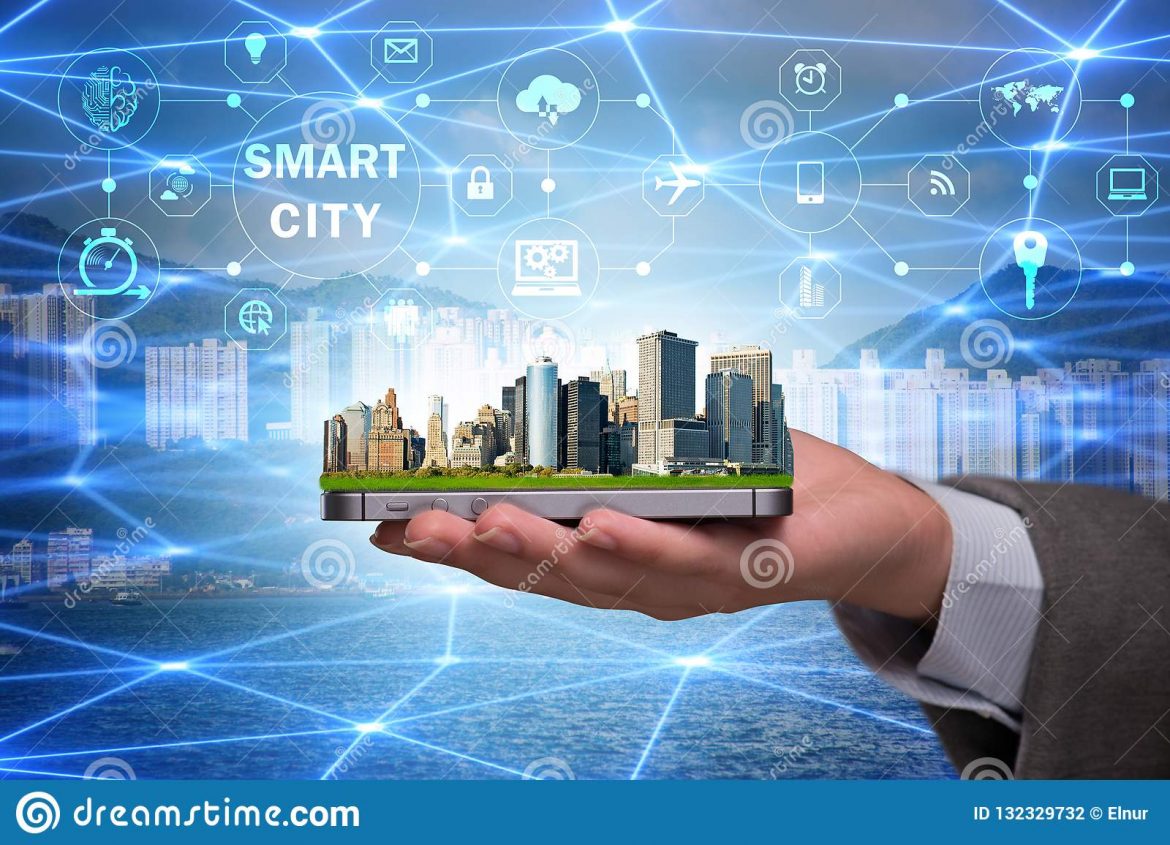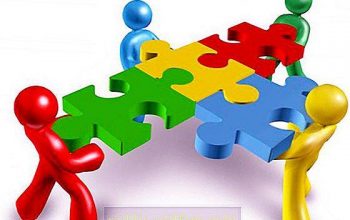
Professor Mohamed Salah Humaida, PhD, Grand PhD reading
Genomics is the study of the cell or tissue at the DNA level, and is
considered the genetic content sheet or genetic strand. In biology,
it is the complete sequence of DNA (deoxyribonucleic acid), a large
molecule found within all living things and many viruses and
containing genetic information that allows these organisms to
function, reproduce, develop and decode the genetic sequences of
many organisms.
The term genome was coined in 1920 from the word (gene and
chromosome) by German professor of botany Hans Winkler.
In fact, every organism has a genetic status sheet in which the
order of its genetic identifiers (a chromosome with a genetic code)
is recorded, which is known as the genetic domain, which contains
the bases (adenine, guanine, cytyrosine, thymine).
As for RNA, RNA is a single branch and does not have a first double
like DNA, and it replaces thymine with uracil, where the three
successive bases contain a genetic code that can form a protein or
nucleic acid.
The United Arab Emirates has paid great attention to the field of
genomics, so His Highness Sheikh Mohammed bin Rashid Al
Maktoum, may God protect him, “approved the formation of the
UAE Genome Program Council headed by Khalid bin Mohammed
bin Zayed Al Nahyan, and the council will work on managing,
supervising, and governing the work of the UAE genome in the
country. and its incorporation into health care systems.
The council will work to approve the continuation of support for
new treatments for rare and chronic diseases in the UAE, the
development of innovative treatments, the adoption of talent
development programs, the launch of a platform for training and
postgraduate programs, technical training, and knowledge
incubators to develop future generations of talent in genomics.
In the science of healthy smart cities, it is important to learn about
emerging design and advanced technology, as countries seek
sustainable, more competitive, healthy and civilized development.
It may be necessary to develop and use specialized and renewable
technology for the development of individuals and societies
through data collection, development of appropriate programmes,
systems and activities, knowledge of the latest trends of people,
and scientific research, in addition to stimulating innovation,
designing and planning studies and policies that would improve the
standard of living and raise the quality of life.
It can also find solutions to modern challenges by collecting data
and predicting the future of health and safety of individuals and
society, for the built environment to give a healthy competitive
advantage in the structure of urban life, then digital transformation
to reduce effort, time and cost, maintain human capital stability
and increase productivity and effectiveness to achieve the
development strategy sustainable.
In conclusion, prevention is better than cure.



